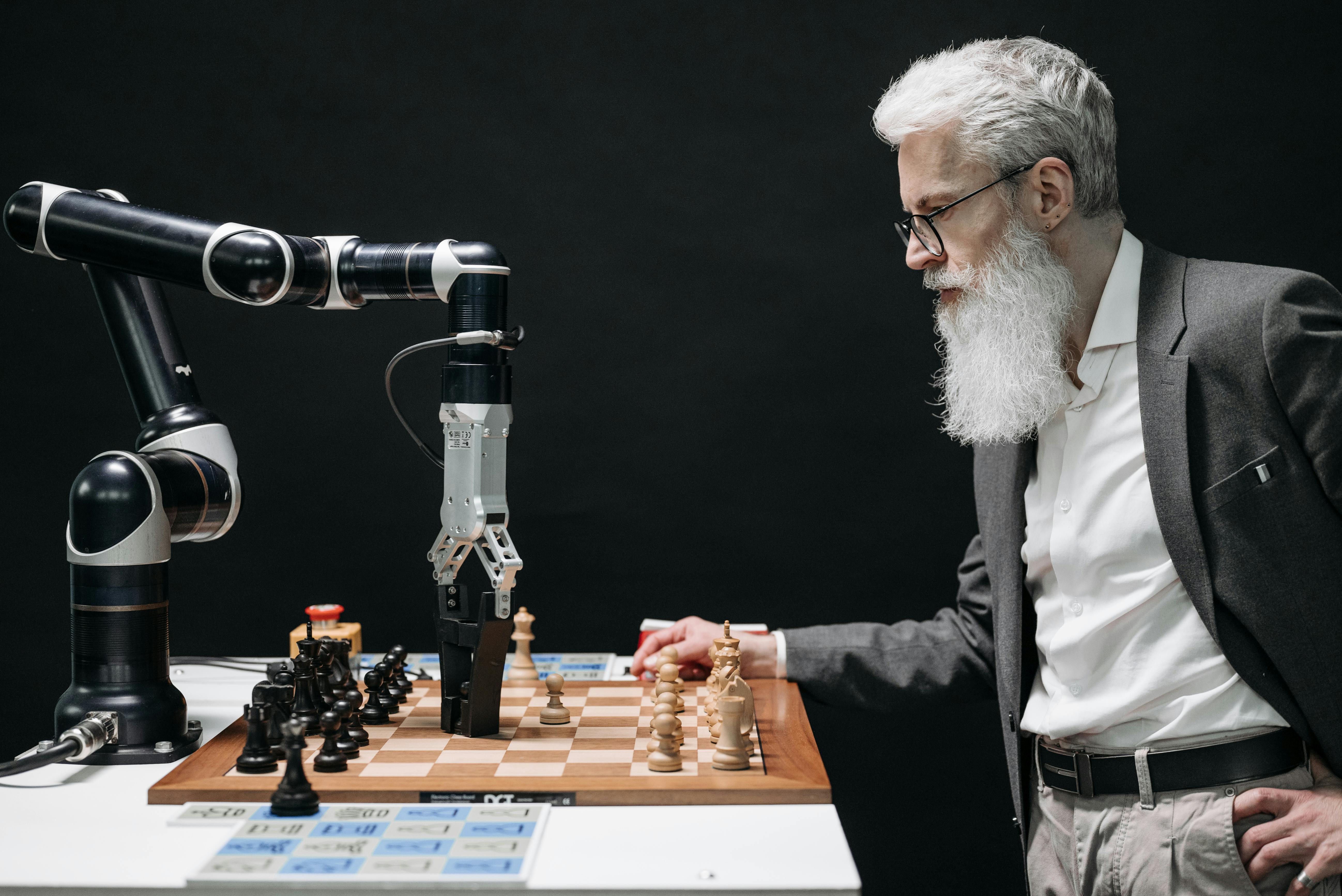AI University: A Personalized Learning Framework for Higher Education

Top post
AI-Powered Teaching: A New Approach to Knowledge Transfer in the Scientific Context
The integration of Artificial Intelligence (AI) into education opens up new possibilities for personalized and effective learning processes. A promising approach is the use of large language models (LLMs) to adapt teaching content to the individual needs of students and facilitate access to knowledge. A current project, the "AI University" (AI-U), demonstrates the potential of this technology for teaching in the scientific field.
AI-U: A Framework for AI-Powered Course Content
AI-U is a flexible framework that uses AI to adapt course content to the teaching style of instructors. The core of the system is an LLM, which is fine-tuned with Retrieval-Augmented Generation (RAG). This allows the AI to generate instructor-specific answers based on lecture videos, notes, and textbooks. A master-level course on the Finite Element Method (FEM) served as a case study. The developers of AI-U have developed a scalable pipeline to systematically create training data, optimize an open-source LLM with Low-Rank Adaptation (LoRA), and improve the answers through RAG-based synthesis.
Evaluation and Results
The evaluation of AI-U included cosine similarity, LLM-based assessment, and expert evaluations. The results show a strong agreement between the generated answers and the course materials. Additionally, a web application was developed (https://my-ai-university.com), which increases traceability by linking AI-generated answers to specific sections of the course material and timestamps in the freely accessible lecture videos. The expert model shows higher cosine similarity to a reference in 86% of the test cases. An LLM used as an evaluator found that the expert model outperformed the base model Llama 3.2 about four out of five times.
Adaptability and Scalability
The strength of AI-U lies in its adaptability. The framework can be applied to different courses and disciplines by training the LLM with the corresponding teaching materials. This enables a personalized learning experience tailored to the specific needs of the students. The scalability of the approach allows the integration of AI-U into existing learning platforms and thus offers the potential for widespread use in higher education.
Outlook and Potential
AI-U demonstrates the potential of LLMs for knowledge transfer in the scientific context. By combining advanced AI techniques like RAG and LoRA, the system can generate high-quality and instructor-specific answers. Integration into a user-friendly web application facilitates access to the generated content and increases the transparency of the learning process. Future research could focus on extending the framework to other disciplines and investigating the long-term impact on learning success. The development of AI-U represents an important step towards a future-oriented and AI-supported higher education.
Bibliographie: Shojaei, M. F., Gulati, R., Jasperson, B. A., Wang, S., Cimolato, S., Cao, D., Neiswanger, W., & Garikipati, K. (2025). AI-University: An LLM-based platform for instructional alignment to scientific classrooms. arXiv preprint arXiv:2504.08846. https://arxiv.org/list/cs.AI/new https://paperreading.club/page?id=299124 https://dl.acm.org/doi/10.1145/3613904.3642773 https://www.researchgate.net/publication/376617056_Teachers'_agency_in_the_era_of_LLM_and_generative_AI_Designing_pedagogical_AI_agents https://digital.uni-hohenheim.de/fileadmin/einrichtungen/digital/Generative_AI_and_ChatGPT_in_Higher_Education.pdf https://papers.ssrn.com/sol3/Delivery.cfm/5198565.pdf?abstractid=5198565&mirid=1 https://www.sciencedirect.com/science/article/pii/S2590123024020802 https://github.com/dair-ai/ML-Papers-of-the-Week https://www.researchgate.net/publication/386223791_A_Review_of_AI_Tools_Definitions_Functions_and_Applications_for_K-12_Education ```.png)


